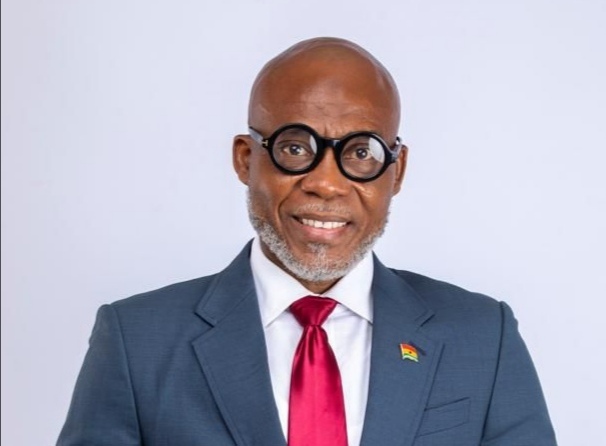Musah Superior writes;
Dear Kwasi Kwarteng
MAKING SENSE OF ELECTORAL PERFORMANCE IN CONTEXT
1. Electoral outcomes in Ghana’s Fourth Republic must be analysed in context, not in isolation.
Since 1992, the NPP’s presidential candidates have secured varying percentages of the valid votes:
1992 (Adu Boahen) – 30.29%
1996 (Kufuor) – 39.67%
2000 (Kufuor) – 48.17% (first ballot), 56.90% (run-off)
2004 (Kufuor) – 52.45%
2008 (Akufo-Addo) – 49.13% (first ballot), narrowly lost run-off
2012 (Akufo-Addo) – 47.74%
2016 (Akufo-Addo) – 53.30%
2020 (Akufo-Addo) – 51.59% (alongside a hung Parliament)
2024 (Bawumia) – 41.61%
This data shows a clear truth: electoral performance is shaped more by prevailing political and socio-economic conditions rather than by the personal strengths or weaknesses of candidates alone.
2. Victories in Ghana’s presidential elections are strongly tied to party performance and government legacy. Both history and data indicate that presidential candidates “ride” on the public perception of their party’s governance record. President Akufo-Addo’s first-ballot victory in 2016 was heavily influenced by the NPP’s governance from 2000–2008. Similarly, John Mahama’s 2024 victory was less about his personality and more about capitalising on public dissatisfaction with the outgoing government.
3. The Akufo-Addo comparison requires context.
Kufuor improved from 48.17% (2000 first ballot) to 52.45% (2004), benefiting from an incumbency that had delivered macroeconomic stability, social interventions, and infrastructure growth. Akufo-Addo moved downward from 53.30% (2016) to 51.59% (2020) despite facing significant voter fatigue and a hung Parliament — clear proof that even a “strong” candidate can see reduced margins when governing conditions are challenging.
Dr. Bawumia’s 41.61% in 2024 reflects contesting under post-COVID economic recovery struggles, inflationary pressures, debt restructuring pains, allegations of corruption and poor managing of internal workings of the party — conditions far harsher than in 2004 or 2016.
4. No two elections have been held under the same conditions.
Comparing percentages without factoring in economic climate, voter turnout dynamics, party unity, and opponent profile is misleading. For example: 1992 was under a transitional democracy; 1996 was against an entrenched incumbent; 2008 saw a competitive race after eight years of NPP rule; 2024 came after a global pandemic, severe economic shocks, and a digitally amplified opposition campaign.
5. The 2024 results were as much a verdict on the NPP’s eight-year record, not as Bawumia’s personally.
If presidential elections in Ghana were purely personality contests, a candidate could outperform their party’s brand — but that has never been the trend in the Fourth Republic. Where the governing party’s popularity dips, the candidate’s fortunes follow suit, regardless of his personal profile.
6. On the “worst defeat” claim:
While the raw percentage drop from 2020 to 2024 looks stark, it mirrors a broader global trend where governing parties faced electoral backlash post-COVID. Similar swings have been seen in comparable democracies. Bawumia’s votes (over 4.65 million) still represents one of the highest tallies for a first-time candidate in NPP’s history — second only to Akufo-Addo’s 2008 first ballot post Kufuor’s sterling performance as President.
7. On the “second chance” argument:
History shows that second chances are not granted purely on percentage increases. Prof. Adu Boahen was not retained in 1996 despite a credible performance in 1992 as our Party’s maiden flagbearer, not because of his weakness but because the party felt a fresh face was needed against Rawlings. Kufuor, Akufo-Addo, and others were re-nominated not because they magically improved numbers, but because they remained the most viable options for our party. Ahead of 2028, if we reignite our party with the experienced Dr. Bawumia, coupled with a failed NDC government, we will come out victorious.
Dr Bawumia remains our best foot forward!


